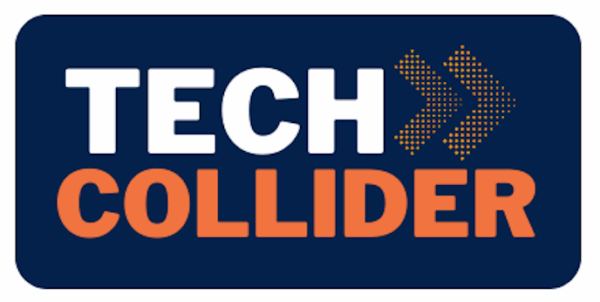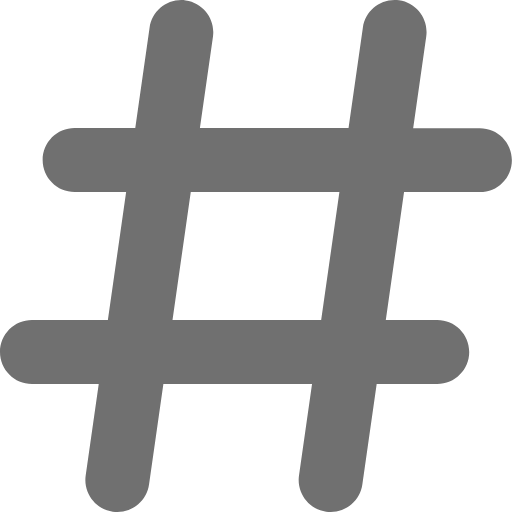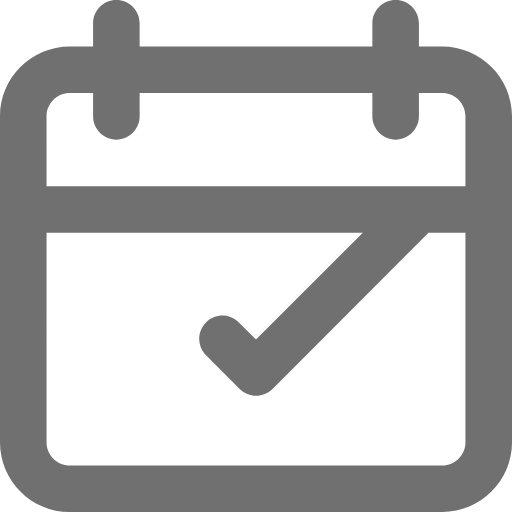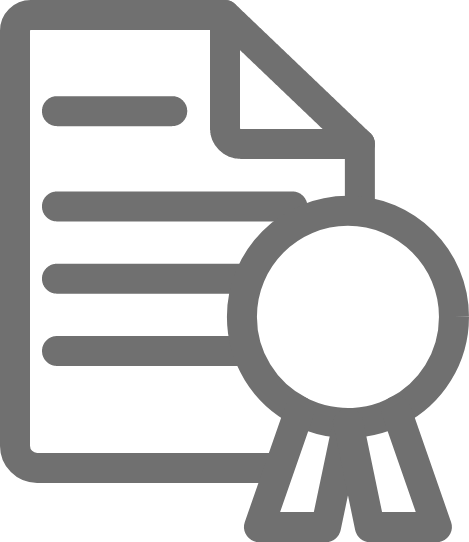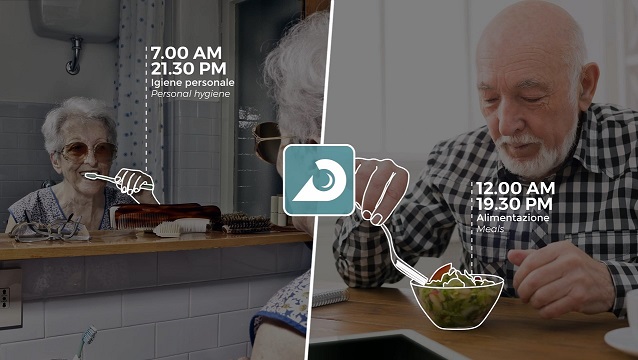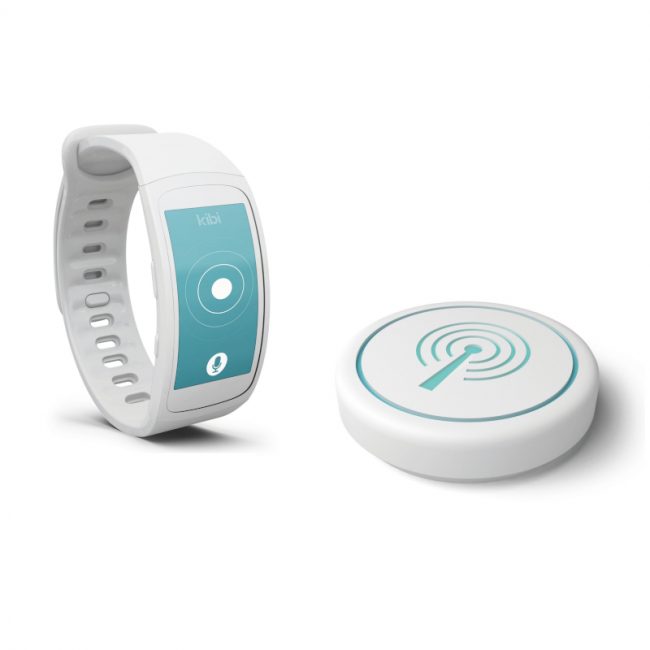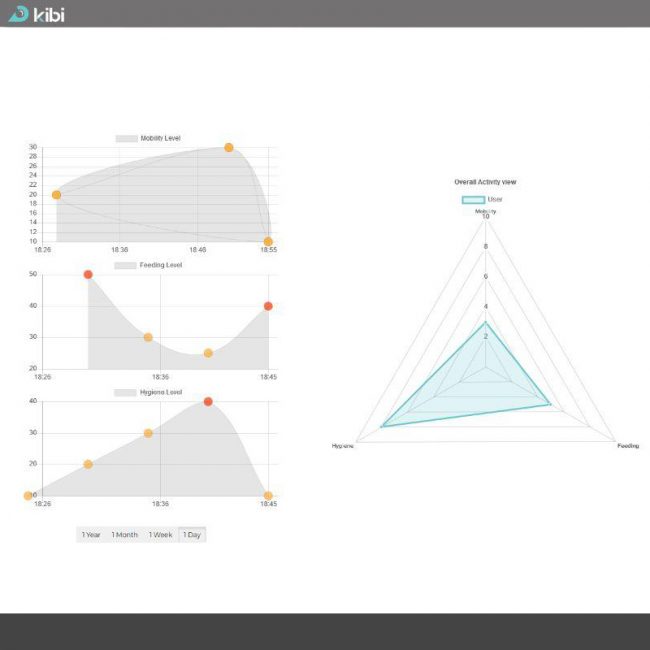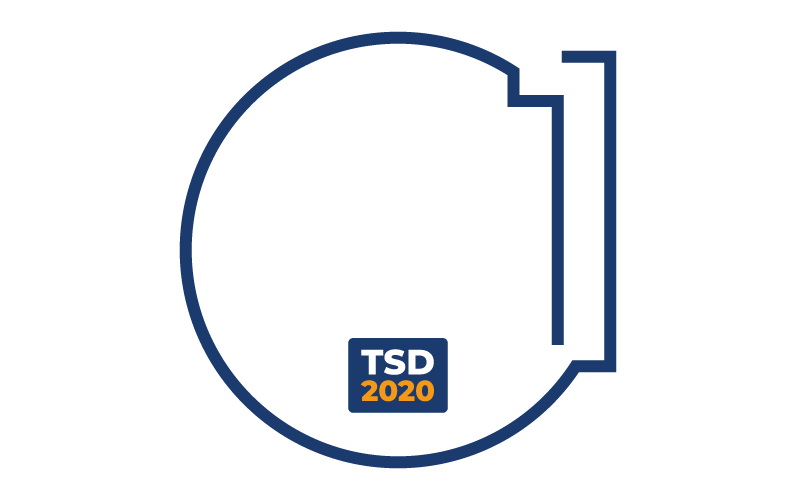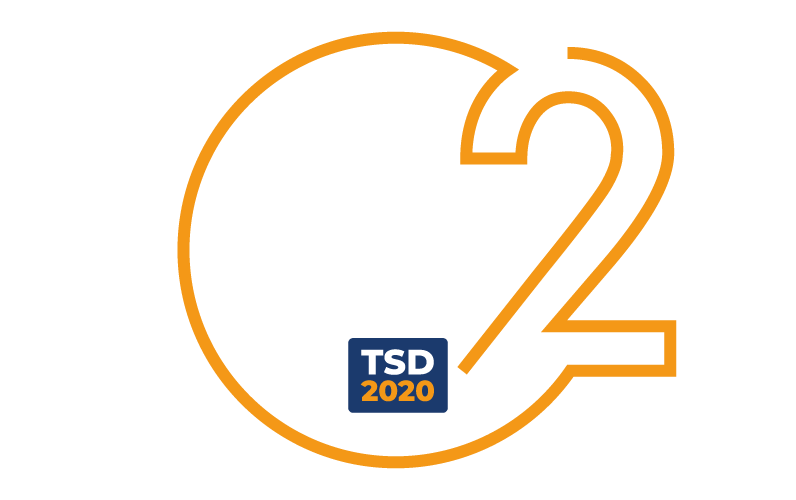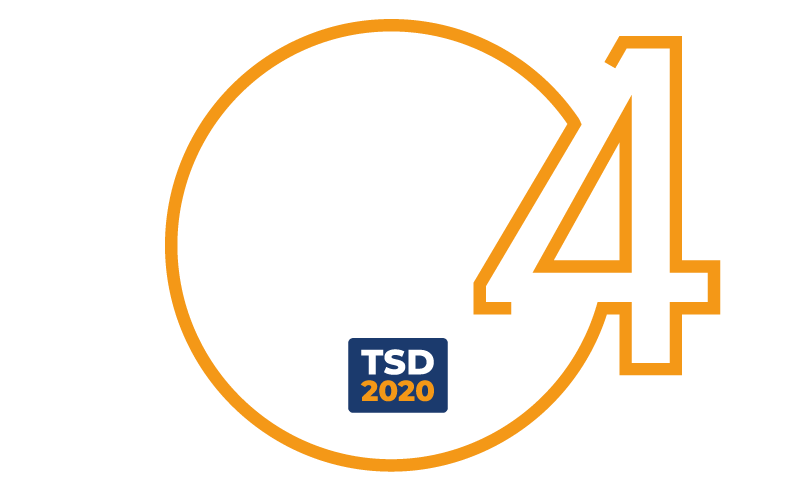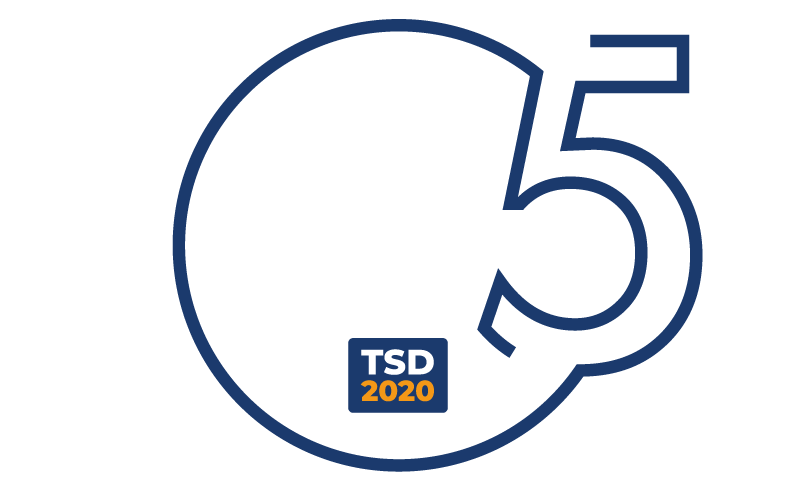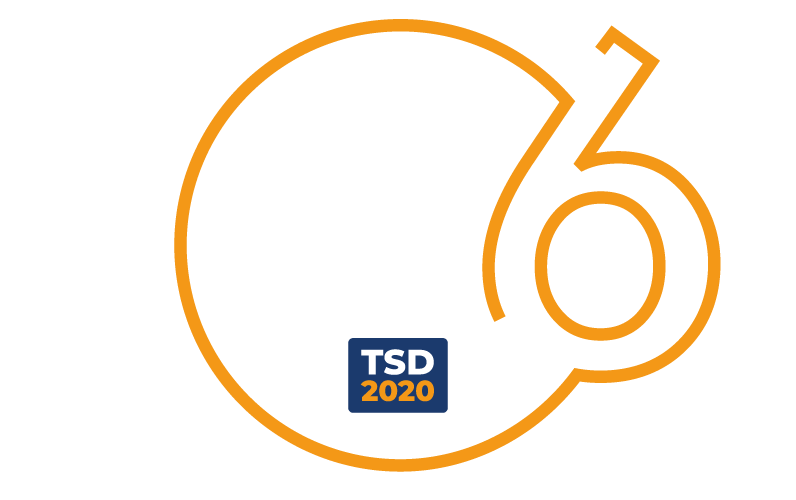In a eldercare facility, Kibi helps both caregivers and administrators. For caregivers, it provides immediate emergency alerts, actionable insights into the person’s health and needs, and the ability to have immediate access to all this information. For administrators, Kibi can be a valid tool to reduce the cost of accidents and hospitalizations, as well as, thanks to the digitalization of some processes, those related to reporting and routine operations that have little impact on the quality of assistance provided to the guest. On the other hand, at home Kibi guarantees serenity even when you are far away, it promotes active ageing and foresees and prevents the onset of typical problems of advanced age. This can be beneficial both to the family and to professional caregivers.

